 About the Author: Shelley Abrams spent close to 25 years as a corporate technical writer before branching out on her own in 2010. She loves writing, research and the diversity being a freelancer offers. She’s contributed to blogs on spirituality, personal development, mindfulness, and health and wellness. She has written and maintained philosophical and spiritually based content for a paid membership site. She has an MBA, as well as a certificate in non-fiction writing. When she’s not writing, she likes being out in nature or just reflecting in the quiet. She finds history, geography, philosophy and meta-physics fascinating. She also loves traveling, meeting new people and experiencing different cultures. To learn more about Ms. Abrams’ writing experiences, visit her website at www.write2spec.com. Struggle. When you hear this word what image does it conjure up? For me, I think of conflict, obstacles, defeat, stress, overwhelm and being beaten down. Struggling often paralyzes us, makes us fearful and unwilling to keep pushing forward, and for many it becomes a vicious cycle that one cannot escape from. Struggle is suffering and suffering is struggle. It is our nemesis, yet while we resist struggling, we also accept this reality in our subconscious because we’ve been told through millennia that struggle is a natural, inherent part of life. In many schools of thought, struggle is even desirable, as it “builds character”. We’re constantly told that struggle is necessary for success, that it makes us stronger, that it makes us who we are! And who are we to argue? After all, it’s influencers like spiritual teachers, religious leaders, philosophers and personal development gurus who have engrained this into our psyche over the years. “Success is not measured by what you accomplish, but by the opposition you have encountered, and the courage with which you have maintained the struggle against overwhelming odds.” Orison Swett Marden STRUGGLE VS SUFFERING – IS THERE A DIFFERENCE? So, let’s take a step back. What exactly is struggle? How is it defined, and how did the concept that struggle is necessary come about? The dictionary defines struggling as “striving to achieve or attain something in the face of difficulty or resistance.” It is similar to the definition of suffering, which is “the state of undergoing pain, distress or hardship”. Suffering and struggle have become synonymous over the centuries when talking about becoming better (as in a better person, better society, better world, etc.). “Out of suffering have emerged the strongest souls; the most massive characters are seared with scars.” Khalil Gibran The concept of struggle goes back eons, with Heraclitus of Ephesus being credited with saying that struggle is the father of everything. As time passed, struggle was tantamount to natural selection - “survival of the fittest”. Scholars like Thomas Hobbes and Matthew Hale wrote about the struggle for resources amongst humans. Immanuel Kant felt that the “inner and outer struggle” was the catalyst for one becoming a “viable citizen of the world”. These theories were brought into mainstream thinking by Robert Thomas Malthus and Charles Darwin in the 18th and 19th century. Suffering as a concept is as ancient as that of struggle. First, suffering was equated with knowledge, as noted in ancient Greek mythology and early Christian theology as told through origin stories such as the Garden of Eden. Next, suffering and punishment became one and the same. This theory was supported by all the major religions of the world, from ancient times through the Middle Ages. In essence, this belief says that if your God was displeased at how you lived your life, God punished you and you suffered accordingly. If you changed your behavior – persevered – you were granted relief and you became a “better person”. Even today, many people consider adversity and struggle as punishment for not believing or acting a certain way and more importantly, they feel they deserve it. From there, the belief that struggle was suffering and suffering was punishment evolved into the undesirable need for wanting, or craving. This was particularly true in Hindu and Buddhist teachings. Basically, this viewpoint says that if you crave something, you are seeking pleasure and pleasure leads to more craving. In turn, you must suffer because you are no longer on the path to enlightenment. To avoid this form of suffering, you must let go of the need for want and experience the quiet mind. This belief still exists today – that in order to be happy, one must understand that the source of suffering is wanting. Eventually suffering morphed into being a necessity to finding happiness and success, which is the belief held and taught by many spiritual teachers, philosophers and religious leaders of the modern era. LIMITING BELIEFS
So now that we know how struggling and suffering came about, let’s explore limiting beliefs. A simple definition is that a limiting belief is something which constrains us in some way. Generally, limiting beliefs are something we acquire throughout our lives as a result of our experiences, especially those that overwhelm us as a child. It is a coping mechanism our minds created to help us accept, adapt and endure - in other words – to survive! A couple classic examples of a limiting belief are “I’m not worthy”, or “I will never be successful.” You might have failed at something as a child even when you tried your best. You begin to doubt yourself and tell yourself that you can never be successful. Voila, you have created a limiting belief! Perhaps your family berated you when you asked for something or didn’t live up to their expectations, by telling you that you didn’t deserve it. Over time, you adopt the mindset that you are never worthy of the things you want or the good things that come to you. Wow, you’ve created another limiting belief. It happens that easily and quickly. Whatever the trigger was initially, these experiences and thoughts become beliefs that you live by. They are buried deep in your subconscious yet they drive everything you do. And they affect all areas of your life. They manifest as oft repeated cycles of overwhelm, worry, fear, beating yourself up and self-sabotage. You feel stuck and don’t believe there is anything you can do to change it no matter your actions or how many times you’ve tried. This happens even when you get a fleeting taste of victory (as in overcoming the challenge). You don’t believe you deserve it. The cycle of struggle starts anew. If we’ve been told all our lives that nothing comes easy, that struggling and suffering is necessary to be who we are - to be strong, to succeed, to find happiness - we come to accept suffering and struggling as the only way to get what we are seeking. We don’t like it, we resist it, but we also resign ourselves to it - que sera sera. “If you come to accept a limiting belief, then it will become a truth for you.” Louise Hay Don’t get me wrong. Everyone faces challenges in life. It is part of being human. But believing that challenges can only be overcome through adversity, struggle and suffering is limiting and holds you back from your true potential. OK, NOW WHAT? So how do we get past this? We have to let go of the limiting belief that struggle is a necessary evil to become our best selves and to live the life we are meant to live. This doesn’t mean giving up or thinking that the challenge you face isn’t real. It just means you “stop being afraid of what could go wrong, and start being excited about what could go right.” We also need to believe that any challenge we encounter offers us a lesson to learn and the need to take action – not retreat from action. “I believe my life has no limits. I want you to feel the same way about your life, no matter what your challenges may be.” Nick Vujicic, Limitless To do this you must first acknowledge that struggle (or suffering) is a limiting belief you have. Next, spend some time in a quiet reflective state with a pen and paper and ask yourself what thoughts (limiting beliefs), good or bad, contribute to the challenges you currently face. For example, you feel like you “struggle” financially because you never seem to have money left over at the end of the month to do something fun. Given that, a related limiting belief you always tell yourself might be “I can never afford that”, or “I’ll always be in debt”. Once you have identified your limiting belief, replace it with something affirmative. For example, I constantly hear myself saying (to myself and others) “I can’t afford this”. I do this unconsciously whether it’s true or not. Every time I say or think it, I’m reinforcing a limiting belief that I struggle financially. To overcome this, I make a concerted effort to rephrase “I can’t afford this” to “I choose not to buy this right now as I have other priorities”. In doing so, I tell the universe and my mind that I am making a choice, rather than giving into a feeling of hopelessness and a pattern of believing I lack abundance. Then, start acting like you believe your new narrative. Using my example above, I allow myself an occasional splurge or I visualize that lifelong trip I’ve always wanted to take with excitement. Don’t be reckless of course, but do believe it can happen for you! And finally, let go of the limiting belief – surrender the struggle. Be flexible, try to see things with new eyes and plot out a new course of action that embraces the challenge and overcome it, rather than succumbing to it. Do this and you’ll find that struggle is no longer your reality. “Begin today. Declare out loud to the universe that you are willing to let go of struggle and eager to learn through joy.” Sarah ban Breathnach
2 Comments
Sandra Abrams
4/27/2019 09:51:31 pm
Looks like you have done a lot of research and found some pretty good things to help people.
Reply
5/24/2021 01:40:30 pm
This website is giving amazing information. Very informative and motivational blog.
Reply
Leave a Reply. |
Blog By Kate Olson Kate is a Hypnotherapist, NLP Practitioner & Trainer, Reiki Master, Energy Healer, Life Coach and more. To find out more about her or her work, click the links below:
Get Kate's Book & Journal!
Living in Joyful Resilience: A Roadmap for Navigating Life's Ups & Downs & Simple Soul Thoughts : Collecting Moments of Joy www.joyfulkate.com About the Blog After 4 years of featuring at least 1 guest Author a month this blog changed in 2020. I loved featuring the posts of other great people who also believe in mind, body, spirit wellness. I will continue to feature articles submitted to me on this topic that align with my own mission. However, finding & reaching out to others is time consuming and I do it for my radio show, Soul Talks and other groups and projects and so for this blog i will be ramping up my own posts and perspective. posting mostly my own blogs. I will be happy & excited to post articles from those who submit them to me. Archives
April 2022
Categories |
Proudly powered by Weebly

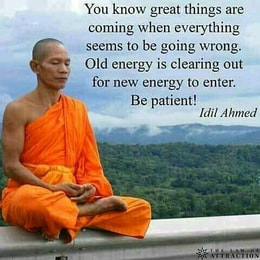
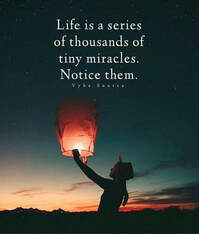
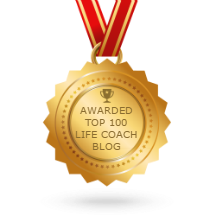
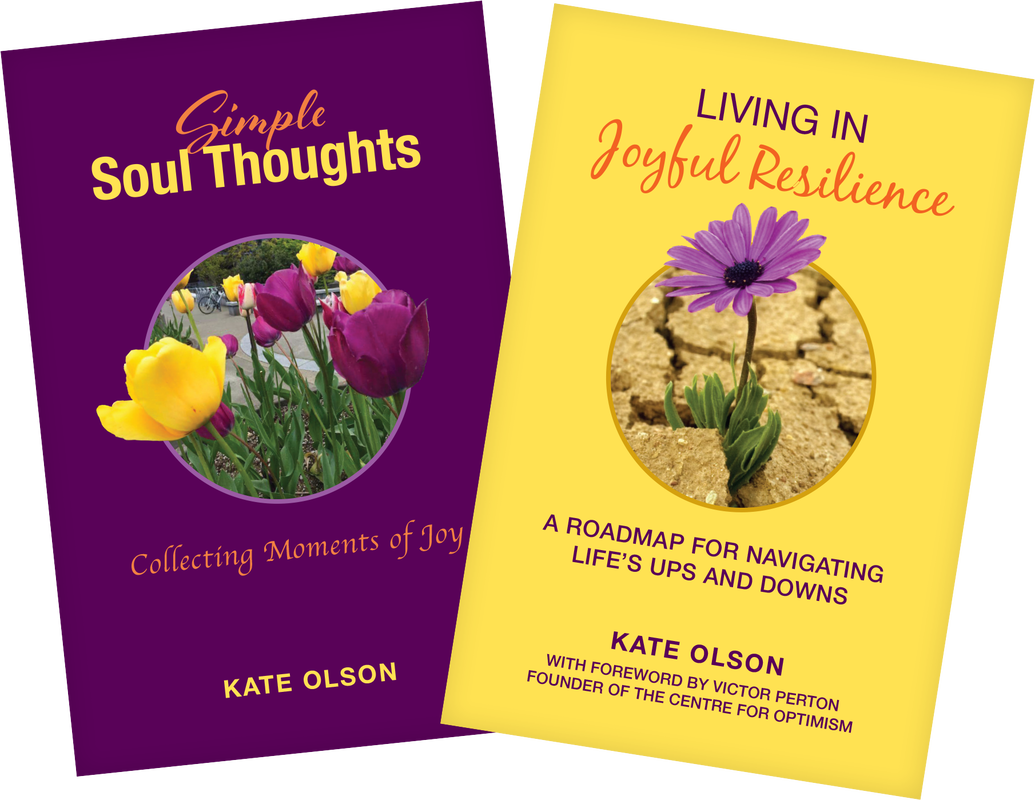
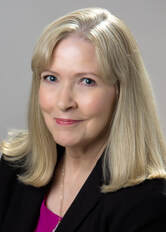
 RSS Feed
RSS Feed